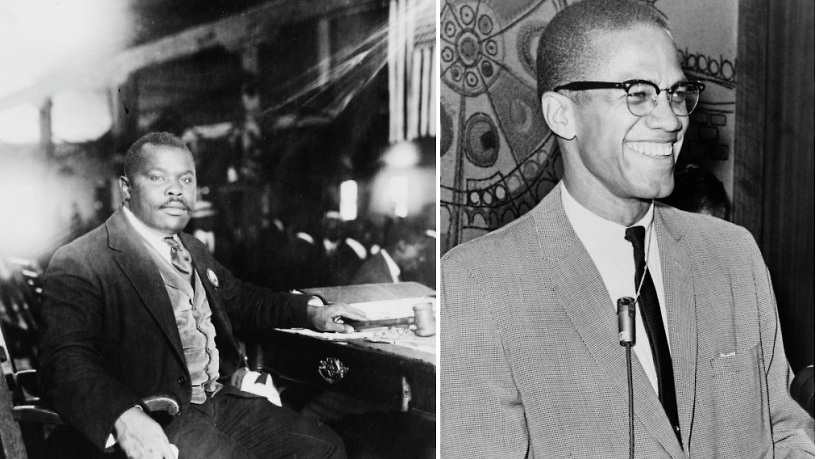(ThyBlackMan.com) Legally speaking, many steps have been taken to put an end to racial discrimination. But for many, this is an unfortunate reality. We’ve all had to work just a little harder to get where we are, and fair compensation is only possible if we fight for it. That begs the question, how do you know if you’re getting a fair deal or not? The government has set a legal framework determining how compensation should be calculated. According to them, the only acceptable factors include Skill, effort, responsibility, working conditions, and establishment. These metrics aren’t always easy to measure.
Using the Numbers
The first thing to look at is the numbers. How much are your coworkers earning? When there is a big difference between what you’re getting paid and what other staff are, that would seem like obvious proof of discrimination. For example, these companies demonstrate that there can be a pretty large gap from one job to the other, even when the basic task is the same. When looking at the  company as a whole, it would be reasonable to assume that the pay difference can be chalked up to the main wage factors we mentioned above. If we want to get the full picture, we need to look at how things change over time.
company as a whole, it would be reasonable to assume that the pay difference can be chalked up to the main wage factors we mentioned above. If we want to get the full picture, we need to look at how things change over time.
Why You Deserve a Raise
If you’ve been working the same job for a while, look back on how your position has changed over time. No matter what the job, there is a pretty good chance that your skill has improved. This alone is enough justification for a raise. But you can still look at all of the other factors. Have you been given more responsibility? Are you putting in more effort than any of your co-workers? Are you being asked to stay late, or pick up additional shifts? If you’ve answered yes to any of these questions, you’re in a position to ask for fair compensation.
Make Your Case
If your wage hasn’t increased with your responsibility, the first thing to do is ask. Put your case in writing. Clarify what your role was when you started. Explain how, today, you’re providing much more value to the company than you were before. The end result is simple. Either they’ll give you a raise, or they won’t. If not, what reasons do they provide?
Compare
Unfortunately, just because they said “no” doesn’t mean that you have a case for discrimination. You’ll have to compare this information with your co-workers. If others have received promotions or additional compensation for showing the same initiative you have, then it’s clear that the standards are not equal.
Speak Up
Today, discrimination still exists because some are fearful. Nobody wants to lose their job, and the very nature of discrimination sends a clear message that your employers do not care about you. What’s stopping your boss from simply firing you? By going through all of these steps, you’ll have some very clear indicators of unequal pay. The fact is, there are systems in place to protect workers from discrimination. As long as you go about it properly, speaking up can’t hurt your case. Most importantly, taking initiative can protect others from discrimination.
It’s important that you remain diplomatic. If you aren’t able to approach your supervisor, you should then approach upper management. Restate why you feel you are being unfairly compensated, offering examples of how others have been treated differently.
In many cases, unfair pay isn’t caused by a company-wide problem. More often than not, it’s one bad supervisor. The higher ups in the company know that this is incredibly risky behavior. However, in the situation where you are not making any headway, it may be worthwhile to seek legal help.
Staff Writer; Greg Poole
















Leave a Reply